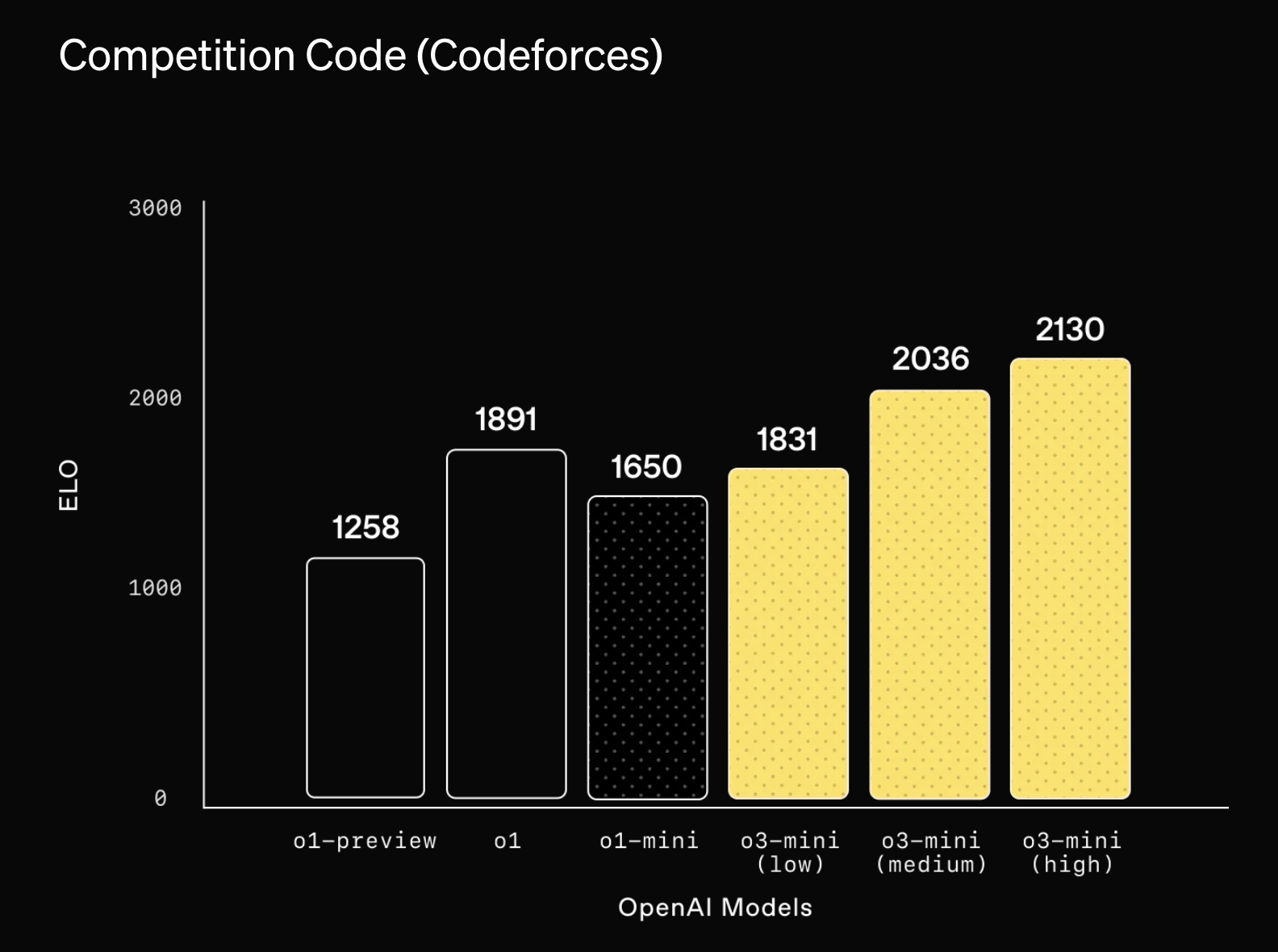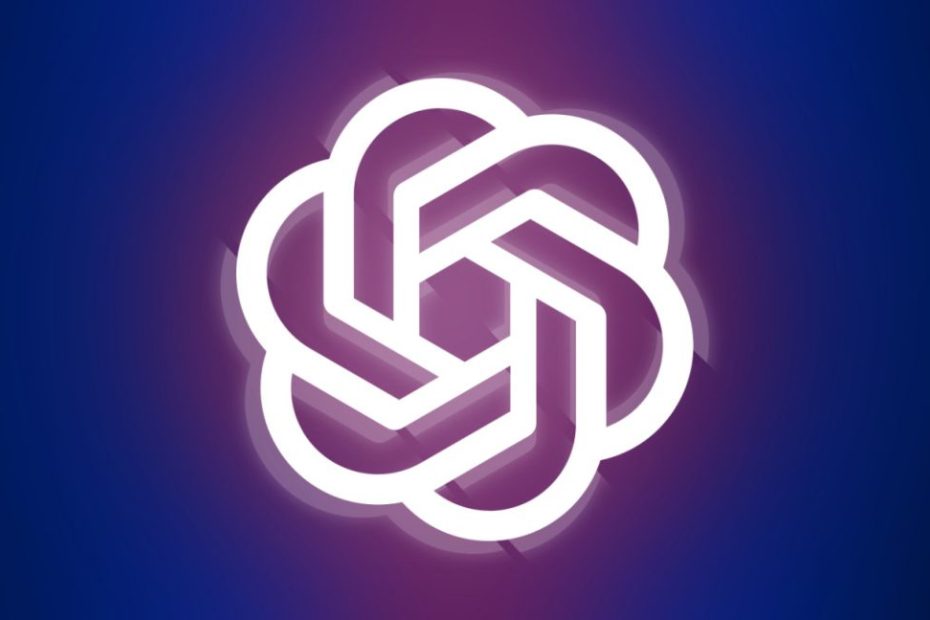OpenAI also promises that O3-Mini has an “early prototype” of a search function with which the “up-to-date can find answers with links to relevant web sources”.

OpenAi says that the O3-Mini model significantly improves its earlier models when it comes to coding options.
OpenAi says that the O3-Mini model significantly improves its earlier models when it comes to coding options.
Credit: OpenAI
Subscribers of OpenAi's Plus, Team of Pro-Tiers will replace O3-Mini O1-Mini in the model options from today. Those on a plus and team subscription will be limited to 150 messages per day on the new model, with a daily limit of 50 message for O1-Mini.
Users without a paid subscription also have access to the model by selecting “reason” from a drop-down menu in the Chatgpt interface, the first time the company has made a simulated reasoning model available for free users.
But can it learn itself?
In addition to today's announcement post, a corresponding O3-mini system card is more in detail about the test and safety mitations that went before the implementation in O3-Mini. This included testing the models on topics, ranging from chemical and biological weapons to evaluations of convincing capacities that were assessed “as much convincing for text written on the same subjects”.
However, OpenAI warns that the O3-Mini model “still poorly performs on evaluations that are designed to test Real-World ML research options that are relevant to self-improvement”, which means that OpenAi does not yet approach a self-enhanced AI explosion. The O3-mini model also scored a bleak score of 0 percent on a test that was intended to “automate the task of an OpenAi research engineer” in terms of coding.
The system is trained on “a mix of publicly available data and adapted data sets developed in -house,” says OpenAI, with “rigorous filtering to maintain data quality and to limit potential risks.”

